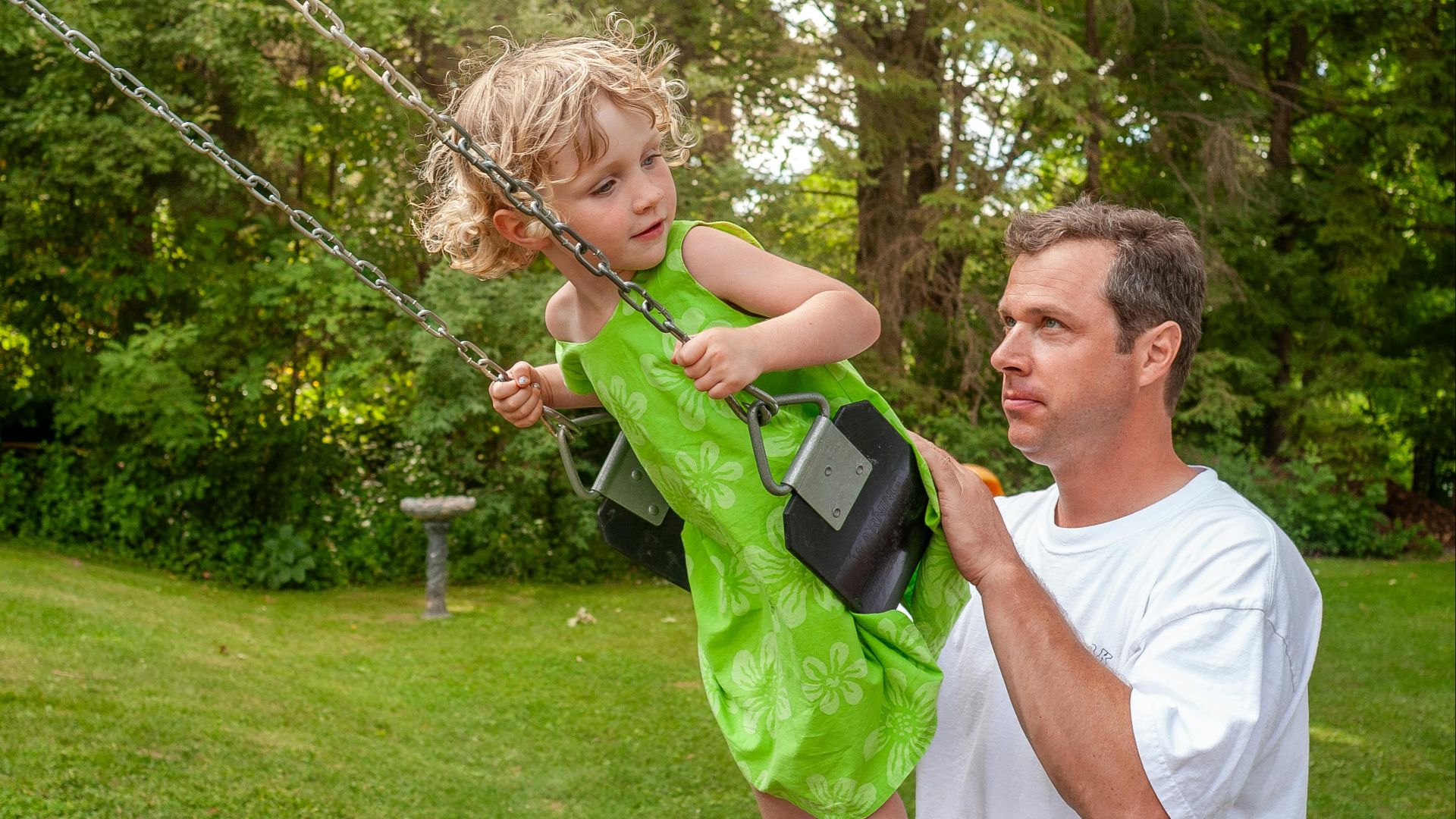Consistent Routines Can Make a Big Difference
Parenting is a frustrating experience, there's no question about it. Kids don't listen, and those who do will still find ways to misbehave and force you to pull out your hair. Adjusting expectations, clearly communicating, and even laughing more can alleviate a lot of stress. Here are 20 ways to become a less frustrated parent.
1. Take Care of Yourself First
Most parents are terrible at self-care. We lose sleep, fight through our illnesses, and rarely give ourselves a break. This will cause your frustration to build, so take a break when possible to breathe, relax, and clear your mind.
 Juliane Liebermann on Unsplash
Juliane Liebermann on Unsplash
2. Adjust Expectations
A parent's frustration can come from unrealistic expectations. You can't expect your child to be perfect, nor should you expect yourself to be a perfect parent. Children and parents need the space and opportunity to make mistakes and grow. Accept that imperfection is natural and perfection isn't the goal.
 Xavier Mouton Photographie on Unsplash
Xavier Mouton Photographie on Unsplash
3. Pause Before Reacting
When you're angry or things are getting tense, you should breathe before launching into an angry response. A quick pause can make you feel more rational and prevent you from saying something impulsive that you might regret later. This tactic also models emotional control and good behavior for your kid.
4. Establish Consistent Routines
A predictable routine delivers a sense of stability for you and your child. Establish a consistent routine for the morning, bedtime, and meals to reduce chaos and avoid power struggles. Your child will feel more secure, and your days will be more manageable.
5. Clear Communication
Children might misbehave because they don't understand what is expected of them. Try using calm, short, and very specific instructions when communicating with your child. This will reduce confusion and conflict.
6. Practice Empathy
To lower your frustration as a parent, try seeing the world through their eyes. A child's poor behavior often expresses that one or more needs are not being met. Approach challenging parenting situations with curiosity and compassion rather than anger and frustration.
7. Let Go of Control
Hanging on to a sense of control that you don't really have will only make you more frustrated. You can guide your child, but you can't control their every move and the outcome of most situations. Micromanaging a child's behavior won't produce the results you want.
8. Set Realistic Boundaries
Setting boundaries will protect your peace and give your child a sense of security and stability. Clearly define to your child what's acceptable, what's unacceptable, and enforce limits in a calm but firm manner.
 Ioann-Mark Kuznietsov on Unsplash
Ioann-Mark Kuznietsov on Unsplash
9. Laugh More
Humor is a great way to release the tension in a situation and restore connection. Find ways to bring laughter and playfulness into your daily life, especially when things get stressful.
10. Use Positive Reinforcement
It's easy to focus on what your child is doing wrong, but it's more productive to acknowledge and praise what they do right. Positive reinforcement encourages better behavior and can help you connect better with your child.
11. Lower the Volume
Yelling can feel good in a moment and get your child's attention, but it rarely gets the results you want. Using a calm, steady tone is a far more effective way to get your child to listen, and you will still feel in control.
12. Build a Support System
Parenting isn't meant to be a one-person job. Talk with other parents, ask family members for help, or even join a support group. Sharing experiences can help you realize that what you're going through is normal, and you can learn new parenting and coping strategies.
13. Accept That You'll Make Mistakes
Every parent will lose their patience at some point, and that's perfectly okay. Apologizing and admitting fault will build trust and teach your child accountability. Learn to forgive yourself quickly and move forward.
14. Teach Emotional Awareness
Teaching emotional awareness will help your child recognize and manage their emotions. This is a better approach than punishing them for feeling angry. It's about coaching, not correcting.
 Berendey_Ivanov / Andrey_Kobysnyn on Pexels
Berendey_Ivanov / Andrey_Kobysnyn on Pexels
15. Simplify Your Life
Too many weekly commitments can cause your frustration to spiral. It's okay to turn down invitations, declutter your schedule, and focus on quality over quantity.
16. Focus on Connection Before Correction
When a child feels disconnected, they can misbehave. Use these opportunities to connect with eye contact, a soft touch, or empathy, and then correct the behavior.
17. Remember the Big Picture
Childhood is temporary and can feel very short upon reflection. The tantrums, fights, and messes won't last forever. Remind yourself that the goal is to raise a kind and resilient human, and try to stay calm when navigating the chaos.
18. Create Calm Spaces
Designate a peaceful spot in your home where you and your child can decompress. It can be a reading nook or a quiet corner of a room. This zone is for resetting and can help everyone cool off and constructively manage emotions
19. Model Good Behavior
Your child will mirror your behavior. If you want them to manage their emotions healthily, then you need to do the same. Parenting is about practicing what you preach, so show your child how to be patient, empathetic, and respectful. This will help your home become more peaceful over time.
20. Celebrate Every Small Win
Parenting is a work in progress, and the victories can often be small or invisible. Celebrate every win as it happens, for both you and your child. Recognizing this growth can be motivational and remind you that positive change is happening even if it feels slow.
























